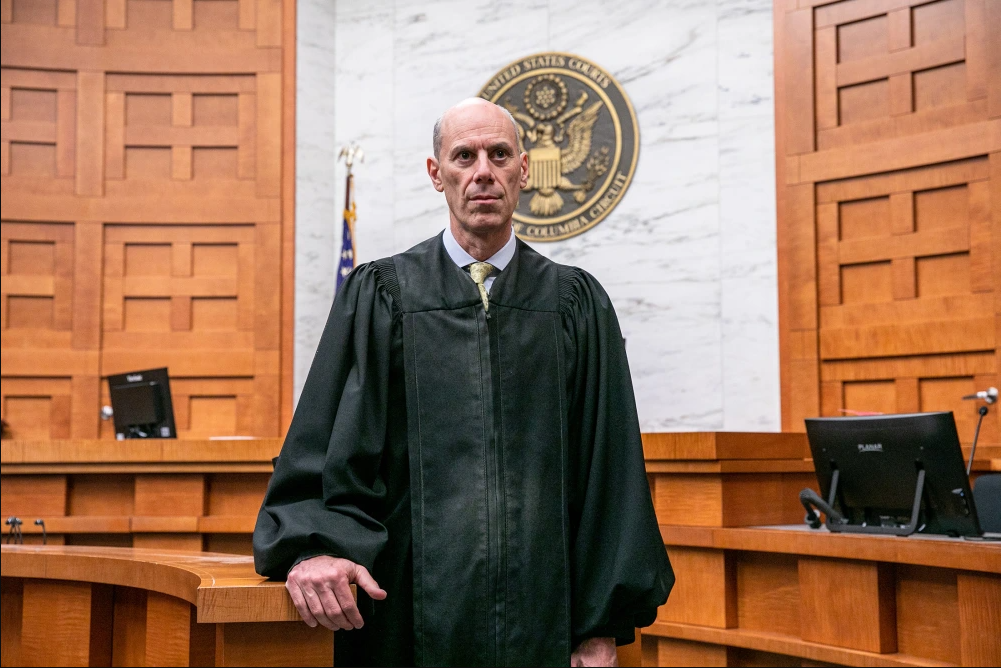A judge this week found probably cause to hold the federal government in contempt over disregarding an order he gave halting deportation flights to El Salvador as he reviewed their use of the Alien Enemies Act. Political commentator Sue O’Connell explains the origins of the law and how the legal fight over it, and the deportation of migrants, is playing out in court.
In Sue Explains, NBC10 Boston political commentator Sue O'Connell offers her analysis on the latest news of the day.
The Trump administration is trying to use a centuries-old wartime law to speed up deportations. But questions continue to swirl about whether the law was appropriately applied and whether the federal government defied court orders.
Stream NBC10 Boston news for free, 24/7, wherever you are.
The Alien Enemies Act was invoked last month to apprehend alleged members of a Venezuelan gang and send them to a prison in El Salvador. But a federal judge immediately ordered to block that from happening. By then, some detainees had already landed. The Supreme Court overruled that block, but said alleged gang members must be allowed a court hearing before being deported.
Now, U.S. District Judge James Boasberg, the judge who ordered the block has found probable cause to hold the Trump administration in contempt, stating "the Government’s actions on that day demonstrate a willful disregard for its Order, sufficient for the Court to conclude that probable cause exists to find the Government in criminal contempt.”
Get updates on what's happening in Boston to your inbox with our News Headlines newsletter.
But backing up, what is the Alien Enemies Act, and what kind of power does it grant the executive branch?
President Donald Trump and his allies have been using a specific word to describe people entering the country illegally: invasion.
This is a military term, and it's being used so they can invoke the old law from the 1700s - the Alien Enemies Act. Critics say the White House is wrong to use it in this context. But what is it?
In 1798, America nearly went to war with France. Preparing for conflict, Congress passed laws expanding federal authority. The Alien Enemies Act granted presidents sweeping powers to detain and deport non-citizens without due process - but only during wartime.
More on immigration and deportations
Leaders feared non-citizens might side with France.
Since then, the law has only been used three times, and hadn't been used since World War II, when 120,000 people with Japanese heritage were sent to internment camps.
But in March, the Trump administration invoked this law to deport hundreds of migrants allegedly tied to the Venezuelan gang Tren de Aragua, or TDA.
Trump's executive order stated that the group "is perpetrating an invasion of, and predatory incursion into, the United States."
It mandates the apprehension and deportation of Venezuelan citizens in the U.S. with TFA connections.
This follows Trump's campaign claims, made without evidence, that TDA had "taken over" Aurora, Colorado.
Critics argue Trump is misapplying the act.
The Brennan Center for Justice stated: "The Alien Enemies Act may be used only during declared wars or armed attacks on the United States by foreign governments."
The administration's defense attempts to link TDA directly to Venezuela's government. They claim the gang has both connections to President Nicolás Maduro's regime and controls territory within Venezuela itself.




